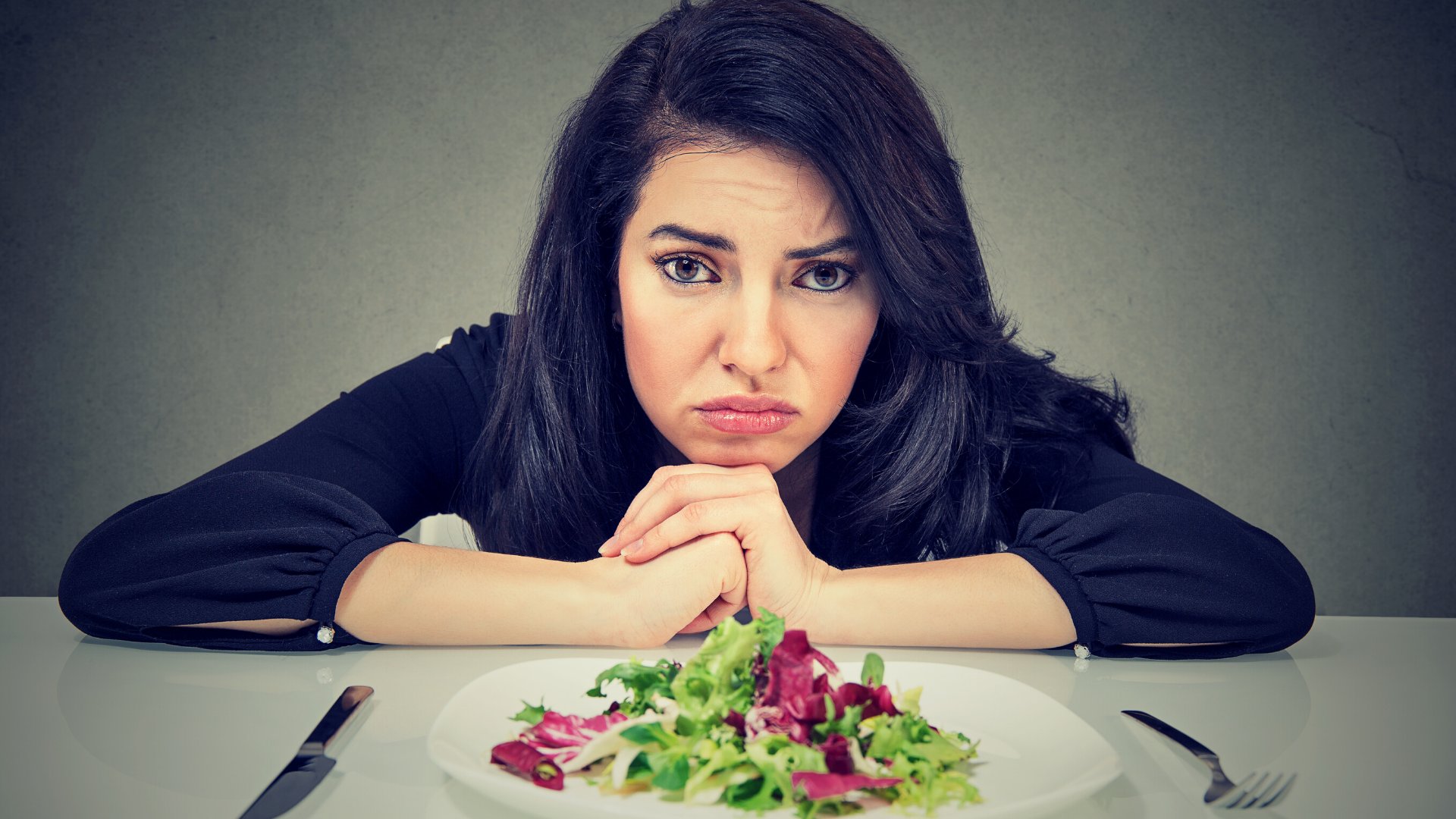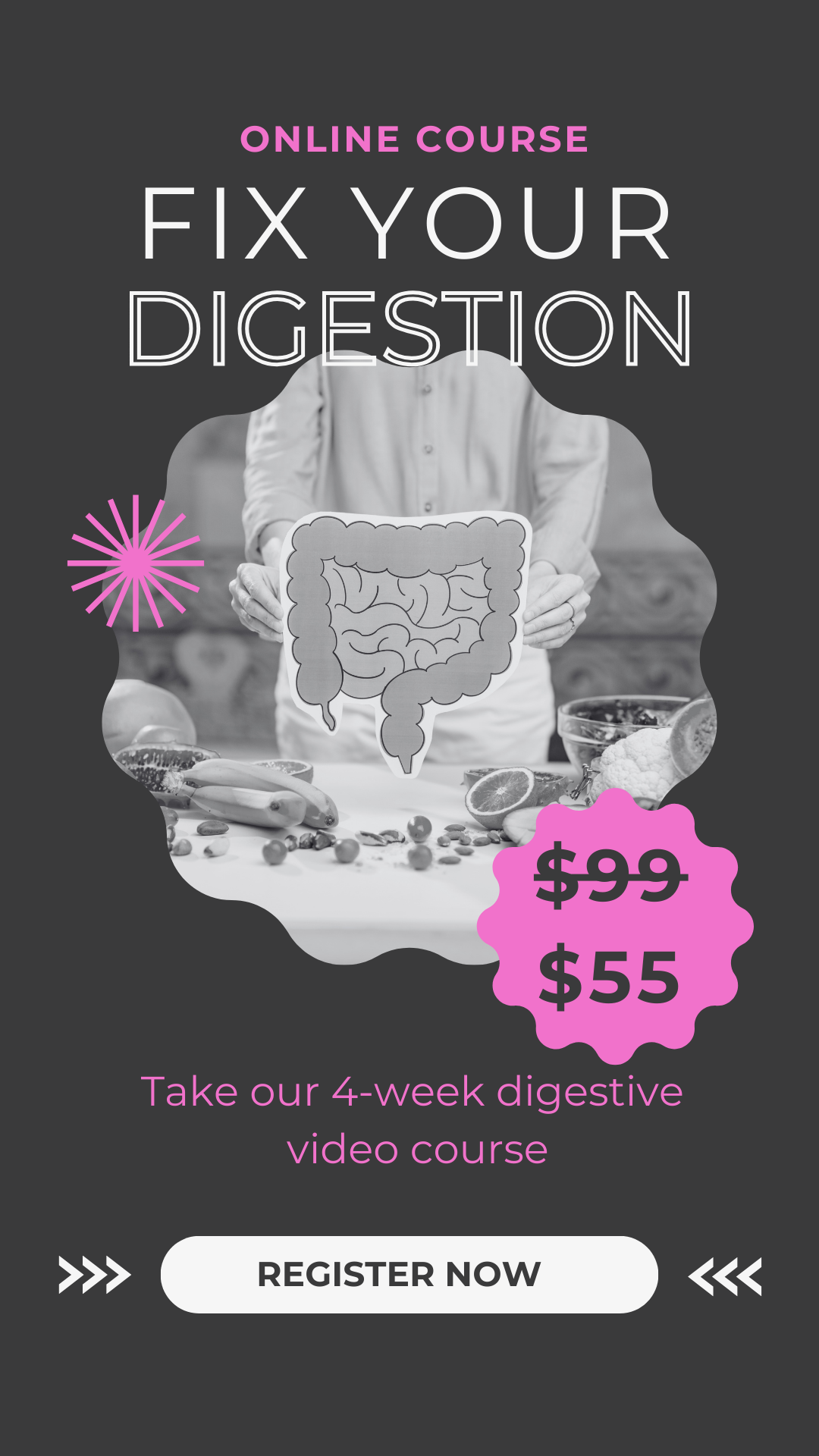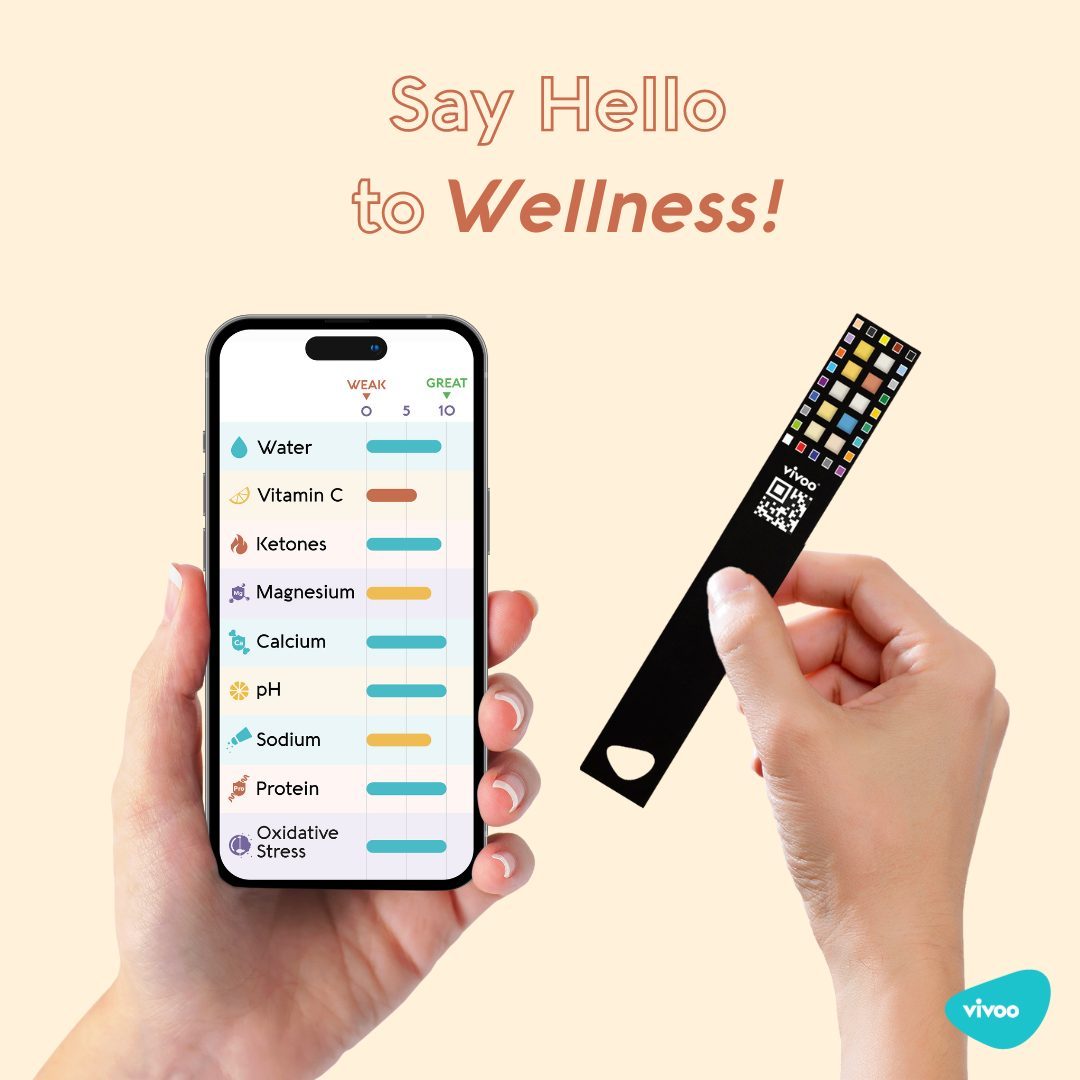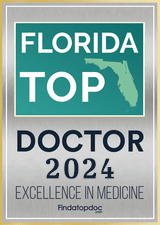Natural Medicine Practitioner Naples, FL
5 Negative Effects Of Dieting No One Ever Told You About

Written by Jennifer Smith, Natural Medicine Practitioner and Certified in Holistic Nutrition
*This page may contain affiliate links. Click here to read my affiliate policy.
Are you damaging your body and your metabolism by dieting?
There are negative effects of dieting that most people don't realize. The reason you see terms like ‘health at every size’ and ‘anti-diet’ is because of how harmful dieting is for your body and your mind. People are under the misconception that the smaller your body, the healthier it is, and the larger your body, the unhealthier it is. But this couldn’t be further from the truth.
Dieting can actually be much more harmful to your body and your overall health than if you stayed at the weight you were before you started these yo-yo diet patterns. Here are some different ways being on diets can be harmful to your health.
Have you considered these negative effects of dieting?
1. You Might End Up Gaining More Weight
Believe it or not, having a history of dieting can actually cause you to gain weight, instead of losing it. Sure, you might lose a few pounds in the short-term, but most diets fail and many people end up putting the weight back on.
A lot of those people gain even more weight than when they started, due to the re-feeding period after restricting. Your body is going to hold on to all that food in fear of another famine period, and this can lead to many issues with overeating and not understanding when your body is full.
2. Nutrient Deficiencies Are Very Common
Second on our list of negative effects of dieting, are that many people on diets will often have nutritional deficiencies, even though they feel like their meals are balanced. The less you eat, the less nutrients you are consuming.
If you are in a severe caloric deficit or eating as few carbs, proteins or fats as possible; you are probably missing out on vitamins and minerals from meat and fish, vegetables, fruits, whole grains, dairy, and so many more different types of foods.
3. Macro and Calorie Counting Lead to Unhealthy Choices
Think about a time when you were dieting, whether you were counting macros or trying to stay in a caloric deficit. Did you always choose the healthiest, most nutritious foods possible? Probably not. You told yourself you could eat whatever you wanted, as long as it fit within your calories. Which means you might choose a cookie or processed snack over a smoothie or oatmeal, just because the calories happened to be the same or less. You start forgetting about nutrition, and only focus on a number.
Every time I tried dieting in the past, I tried to squeeze in every last calorie, point, or carb count out of whatever my allotment was for the day. I was frequently hungry, and when I wasn't hungry I felt obsessive about what I would eat next. Then I would fantasize about what my allowed cheat meal would be for the week.
I spent way too much time thinking about food, when the goal was not to think about food. Sometimes I would "fall off the wagon" and eat way too much {{insert dessert name here}} and feel terrible about it. Only to think, tomorrow I will resolve to stick to it once and for all, until the next time I couldn't resist the urge to cheat again.
4. The Stress is Damaging to Your Body and Mental Health
One of the least talked about negative effects of dieting is the mental and physical stress you endure during a diet. You are putting your body and brain through a lot of undue stress when you go on a diet. There are so many different emotions you go through on this rollercoaster of restricting your food, having guilt or shame over indulging in something that was off limits, and over-exercising to burn as many calories as possible.
If you find that every time you start a diet, you have a short high, followed by a period of depression, anxiety or lack of energy, guess what? That is not your lack of willpower – that is your HUNGER and NUTRIENT DEFICIENCY.
5. Unhealthy Habits Replace Healthy Food
Lastly, in our list of negative effects of dieting is that you might notice that when you are on a diet, you start engaging in unhealthy habits not related to food. For example, you pick up smoking since it helps to stave off cravings, or you start drinking calorie-free energy drinks or Diet sodas instead of snacks, because it temporarily makes you feel full. Or you try a million different "nutritional supplements" that are supposed to be the next diet trick to lose the pounds. Think of how much healthier it would have been just to have the snack that you craved in the first place and then moved on with your life.
Few consider that there are negative effects of dieting and that they may end up worse off then when they started. The good news is that there is a better way! I have created a coaching program to help people with this exact issue.
Written and Reviewed By:

Jennifer Smith, BA, NMP, CHN
Jennifer Smith is a Natural Medicine Practitioner and Holistic Nutrition Practitioner. She has a Bachelor's degree in Christian Counseling. She has completed advanced training in Functional Nutrition, Functional Medicine, Natural Health Consultant diploma, Homeopathy, Biblical natural medicine, and Biblical Eating and Clinical Nutrition. Jennifer has a Natural Medicine clinic in Naples, FL called Fx Remedies Virtual Care.
Empower Your Health Journey with Our Natural Medicine Clinic
Unlock Your Health Potential with Simple At-Home Tests 🌿
Feeling disconnected from your body? Take charge of your health with our natural medicine clinic!
Why Choose Us?
🔹 Personalized Insights: At-home self-tests and Functional Wellness Report tailored for you.
🔹 Empowerment and Education: Guidance from experienced practitioners for well-being and vitality.
🔹 Exclusive Membership Benefits: Access personalized consultations, custom protocols, and ongoing support with our Fx Remedies Virtual Care membership.
🔹 Holistic Approach: Empowering women to manage hormonal imbalances, digestive issues, blood sugar imbalances, and overall vitality.
🔹Functional Medicine Lab Analysis: Comprehensive lab analysis to uncover root causes and provide targeted health recommendations.
🔹 Transformative Journey: Join our Virtual Care membership for a healthier, more vibrant life.
Take the First Step: Prioritize your health. Join us now for a natural, holistic, functional approach to wellness. Our virtual telehealth services are available in Naples, across Florida, the U.S., and internationally.

















